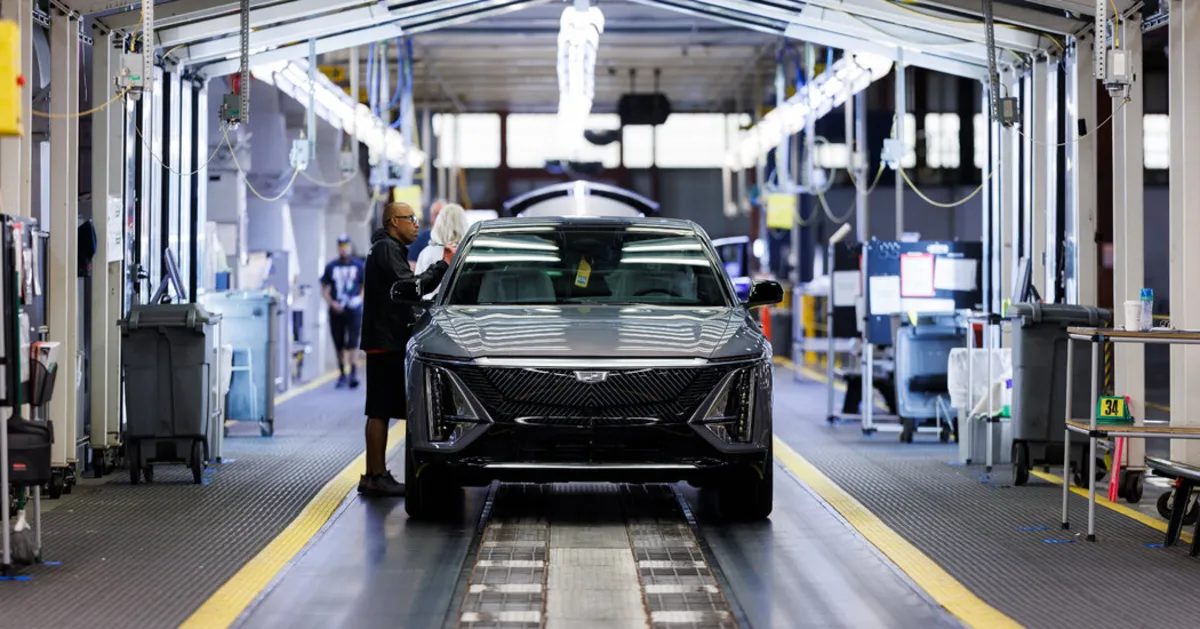
The auto industry experienced a unique kind of March madness last month, as car buyers rushed to dealerships to secure deals before the anticipated price hikes due to President Trump's impending auto tariffs. Several car manufacturers reported a significant uptick in sales as consumers aimed to lock in lower prices before the tariffs come into effect.
“This past weekend was by far the best weekend I’ve seen in a very long time,” stated Randy Parker, the Chief Executive of Hyundai Motor North America, during a press briefing on Tuesday. Hyundai reported a remarkable 13 percent increase in March sales compared to the same month last year. Similarly, Ford Motor announced a 19 percent rise in dealership sales for March, showcasing strong consumer interest.
However, Ford did face challenges during the overall quarter, with a slight 1 percent decline in sales, totaling about 500,000 vehicles. This reduction was largely attributed to a downturn in sales to fleet customers. In contrast, General Motors (G.M.) did not disclose a specific March sales figure but reported a substantial 17 percent increase in first-quarter sales, reaching 693,000 vehicles.
President Trump announced last week that he would impose a steep 25 percent tariff on imported vehicles, effective Thursday. This tariff will extend to imported auto parts starting May 3. Analysts warn that many vehicles manufactured in U.S. factories contain parts sourced from abroad, often exceeding 50 percent of the vehicle's total value. As a result, industry experts estimate that car manufacturers may need to raise prices on certain models by more than $10,000 to offset the new levies.
Despite the looming tariffs, G.M., Ford, and Hyundai all reported significant increases in sales of electric vehicles and hybrids. G.M. noted that sales of vehicles powered solely by batteries nearly doubled, reaching 32,000 cars. This surge was largely attributed to the widespread availability of the electric version of the Equinox sport utility vehicle, which starts at approximately $35,000, making it one of the most affordable electric vehicles available in the U.S.
Ford indicated that sales of hybrid vehicles surged by 33 percent, while electric models like the Mustang Mach-E saw a 12 percent increase in sales. However, sales of traditional internal combustion engine vehicles fell by 5 percent during the quarter. Meanwhile, Hyundai reported a staggering 68 percent increase in hybrid sales and a modest 3 percent rise in pure electric vehicle sales.
Randy Parker of Hyundai remarked that it is currently difficult to predict the exact impact that the tariffs will have on the company’s pricing strategy. Both Hyundai and its sibling company, Kia, have manufacturing plants located in Georgia and Alabama, but they also import a significant number of vehicles from South Korea. The interplay between these factors could lead to substantial changes in pricing and availability for consumers in the coming months.
As the auto industry navigates this period of uncertainty, it will be crucial for manufacturers to adapt quickly to the changing economic landscape and consumer preferences.